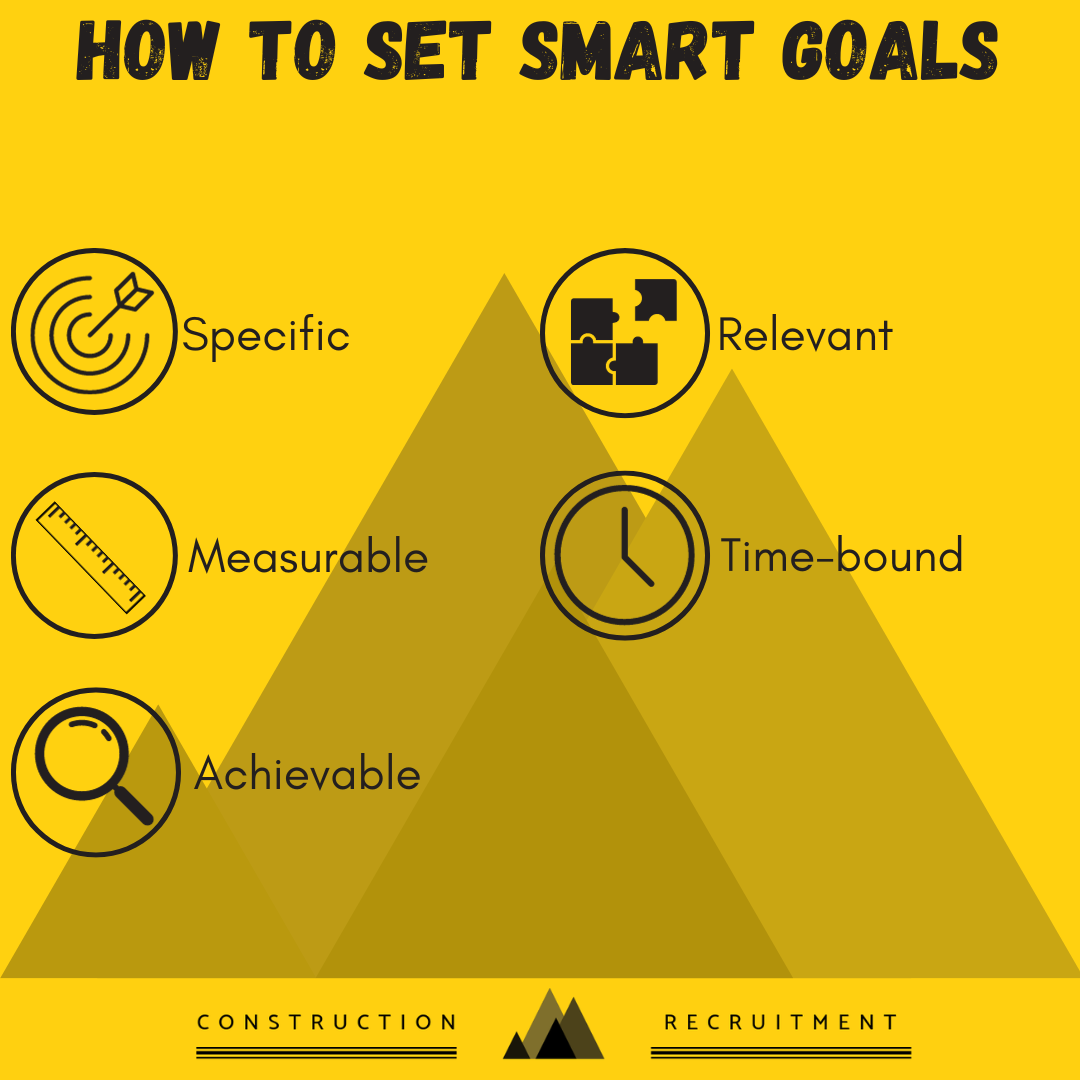
30 Aug How to Set SMART Goals
Both in our personal and professional lives, it’s a good idea to set ourselves goals. Setting goals helps to motivate us to work towards something specific and leads to some kind of improvement if achieved. You can make the likelihood of achieving your goals greater by setting SMART goals. SMART goals are specific, measurable, achievable, relevant and time-bound goals that turn dreams into targeted objectives. Here’s how to create them:
- Specific
To avoid vague wishes, it’s important to be specific when setting focused goals. To do this, it’s advisable to use the five “W” questions:
- Who is involved in the goal? Do you require a mentor or someone to do something in order for you to meet your goal?
- What do you wish to accomplish? What resources will you need?
- Where will you achieve this goal?
- (Don’t worry about “when” until step 5)
- Why did you set the goal?
For example, rather than setting the goal “I was to live abroad”, refine this by aiming to “live in Barcelona, Spain on a working VISA with your friend from school to experience another culture and learn the language”.
2. Measurable
Make sure your goal is measurable. How will you track your progress and know you have achieved the goal? For example, rather than aiming to increase sales, decide to increase sales by 10%. Being able to monitor how close you are to meeting your target will motivate you and make it more likely that you accomplish your ambitions.
3. Achievable
Try to set goals that are achievable. Over-ambitious targets are less likely to be achieved, which can be disheartening. You can always divide the goal into several smaller objectives to make it more manageable.
4. Relevant
Ensure that the goal is relevant by checking that achieving the target is what you actually want. For example, if you have a dream job in mind and set a goal to complete a degree, check that this is actually necessary to get you steps closer to your dream job.
5. Timebound
Finally, make sure that your goals are time-bound by setting deadlines for when you will be measuring your success. Failing to set a deadline can lead to us procrastinating or taking too long to accomplish our aspirations, rendering them ineffective.
Now you know how to set SMART goals, you can use this technique to begin planning how you will reach your personal and professional ambitions. Good luck!
Contact Information:



